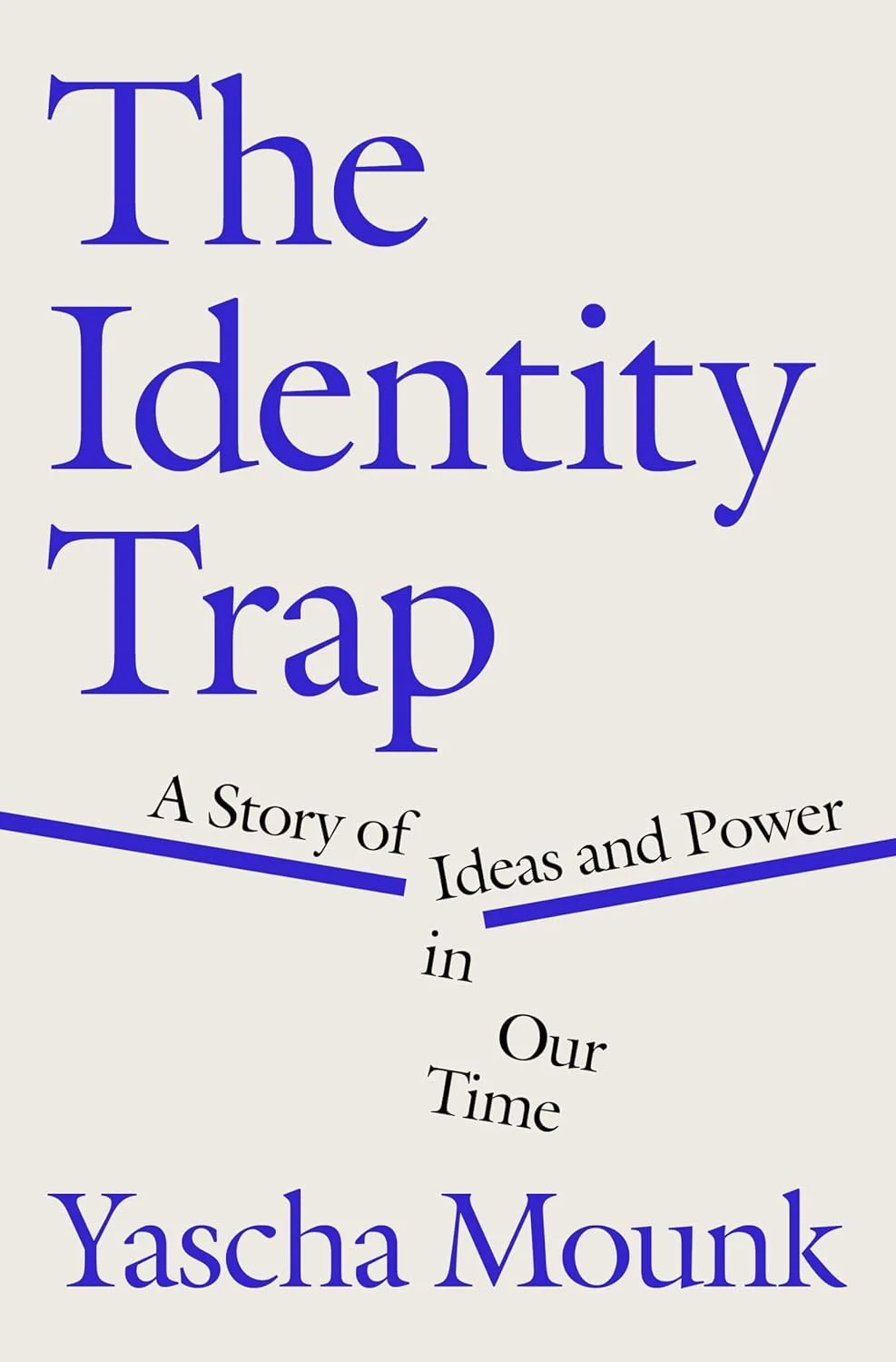A Recent Book on the Ten Commandments - Review
The Ten Commandments, known among Bible scholars and theologians as the Decalogue (literally, ten words), are a significant focus of the Christian ethical tradition. In popular American culture, they are often seen as the epitome of biblical ethics. Some, misunderstanding the nature of the gospel, will state they are good with God because “they follow the Ten Commandments.” (If you haven’t encountered this, you haven’t shared the gospel in the so-called Bible Belt.) One cannot understand Christian ethics without delving into the text and interpretation of the Decalogue.
As a result of the importance of the Ten Commandments in the Judeo-Christian ethics, the study of the topic continues at a steady pace. David Baker’s recent book, The Decalogue: Living as the People of God, represents one of the more recent entries into the ongoing discussion.
Summary
The structure of The Decalogue is simple and straightforward. Part One has four chapters that survey the background of the Ten Commandments, including their shape, form, origin, and purpose. Part Two has a chapter on each of the first five commandments; this section focuses on loving God properly. Part Three discusses the last five commandments; these chapters emphasize loving neighbor. The fourth part consists of a single chapter that attempts to further develop the idea that the Ten Commandments are applicable to contemporary life.
It should be clear from the outset that this book is a scholarly volume representing a specific approach of the Decalogue. Baker is a good biblical scholar and interacts with key textual resources and commentaries in laying out his argument. He provides some of the background on the textual history of the Ten Commandments, including how different denominations number them and how they divide up the tablets, but it focuses mainly on the text itself and not the traditional ethical interpretations of the Decalogue.
By focusing on the text of the Decalogue, Baker provides a resource that opens up the topic and introduces the Ten Commandments for a contemporary audience. He divides each of his chapters on a commandment into three basic parts: (1) Explaining the Ancient Near Eastern context; (2) Exposition of the commandment in the context of the Bible; (3) Some application of the text.
Analysis and Conclusion
In explaining his structure, Baker notes, “There are a good number of books with valuable insights concerning the relevance of the commandments, but these often lack a firm basis in the study of the text.” (pg. x) His observation is correct and his emphasis on trying to explain the text makes this volume a good addition to ongoing study of the Decalogue.
At the same time, the contemporary ethical application of the Decalogue is often best informed by the historical uses of the text. Baker’s volume lacks this theological history. For example, there is little interaction with the way historic confessions of the Reformation dealt with the Ten Commandments, and very little reference to significant sermons preached by pastor-theologians on the commandments. Baker did not set out to accomplish this is his volume, so this is not a fault, but those considering purchasing it should be aware of the limit of the scope.
Also, the explanation of the purpose of the Decalogue in chapter four is thin in comparison to many texts dealing mainly with the moral theological significance. He summarizes three views on how broadly the commandments were intended to be applied and settles on his preferred interpretation, which is that they apply to all of God’s people. Neglected in this discussion is the nature of the Ten Commandments, which informs their applicability. If, as some argue, the Decalogue reflects the very character of God, then they reflect a moral standard for all people. Baker moves beyond those foundational arguments too quickly, which, again, is largely a result of the scope. However, some of those discussions would have made this volume a more complete treatment of the topic.
Baker accomplishes what he set out to do. He effectively explains the context and text of the Ten Commandments. He also brings these divine directives into our time through contemporary application. His exegesis and synthesis of biblical scholarship on the topic make this a touchstone volume for future Decalogue studies.
This is not a comprehensive treatment, but The Decalogue, will make an excellent addition to a pastor’s library as an aid to sermon preparation. It will also make a strong complimentary volume to a biblical ethics course at the undergraduate or graduate level. Baker has done good work for the Kingdom in researching and writing this book.
Note: I received a gratis copy of this volume from the publisher with no expectation of a positive review. Also, purchasing the book through the above link will direct a small portion of the proceeds to supporting this website.











God of All Things thus deepens our experience of the world as we study and live. Its short chapters and engaging prose are suitable for a wide audience. The many connections with real, physical object lessons have deepened my appreciation of God’s efforts to ensure that the message of his greatness is available for all.